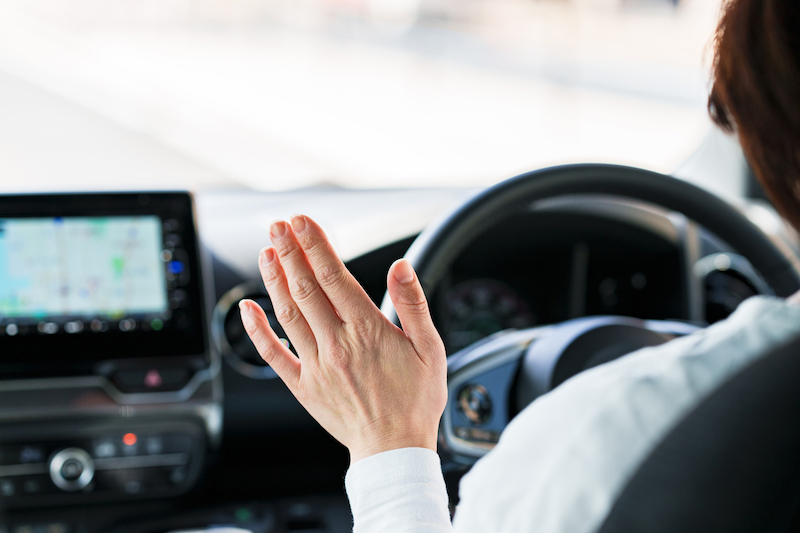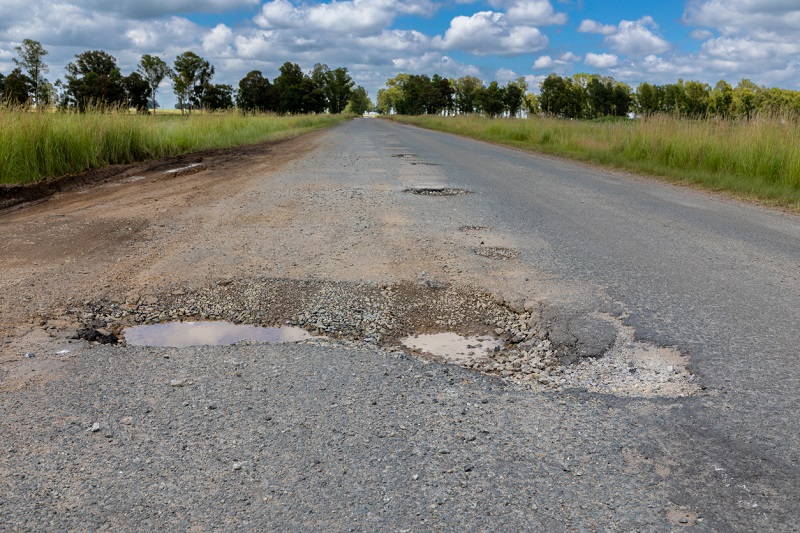Road safety: 5 tips to stay safe when driving in the dark

Did you know that 40% of all road collisions happen at night?
With the nights getting longer and clocks going back, that means you’ll be driving in the dark a lot more often, even if it’s just your commute to and from work. It’s important that you know how to drive safely in the dark, so we’ve listed five tips to help you drive a little bit safer at night.
1. Eyes on the road
This advice may seem obvious, but we mean it in the literal sense.
Staring directly at the headlights of oncoming traffic can affect your vision. So, when a car is coming down the other side of the road, keep your eyes on the road markings to help guide you, and avoid being temporarily dazzled by headlights. By doing this you lower your chances of having an accident because you’ll be able to see the road clearly.
2. Lights check
Make sure your lights, in and outside the car, are in full working order.
Check all the bulbs in your headlights and fog lights to make sure they’re in full working order. Having dimmed or broken headlights will affect your vision when driving at night and affect other drivers’ ability to see you.
You should also dim the display lights inside your car; they can be distracting depending on how bright they are. So, you should lower the brightness enough that they are no longer distracting, but you can still read them easily.
3. Clean windows
Having clean windows and mirrors will help you drive in the dark.
Not only will you be able to see the road and your surroundings more clearly but having clean windows and mirrors will also help lessen the glare from other cars headlights.
Having clean windows and mirrors also means that, if you’re driving in bad weather, your wipers won’t be swiping dirty water across your windscreen, which can obscure your view.
4. Frequent breaks
If you know you’re going on a long journey at night, make sure you plan frequent stops along the way.
It might take you longer to get to your destination, but it’s much safer for everybody. If you’ve been awake all day, it’s only natural to feel tired when driving at night. You can combat this by stopping at services stations for coffee or food, or even just to stretch your legs and get some fresh air. You’ll feel less tired with regular breaks, and you’ll be safer on the road.
5. Pay attention to road signs
Keep an eye on the road signs you drive past.
Animals are more likely to be on the roads at night, so if you see a sign for animals crossing, slow your speed and keep your eyes on the road; some animals don’t have the sense to get out of the way of oncoming cars.
Also, watch for any signs that indicate a change in the road; sharp bends, hidden dips etc. With lower visibility at night, you’re less likely to see approaching bends and other road features that you’d normally spot in daylight.
Fog lights can increase your visibility in the dark, but when can you use them? Read to find out.



1 Comment
Driving at night sucks. I like and have learned from this article . it helped me to stay alive and protected.